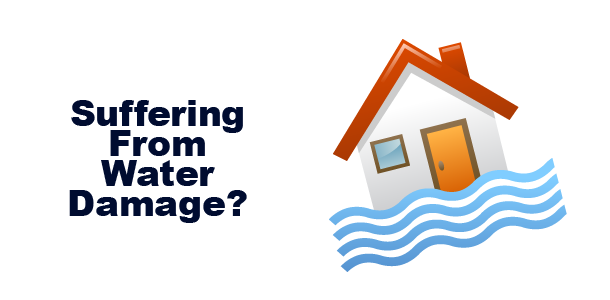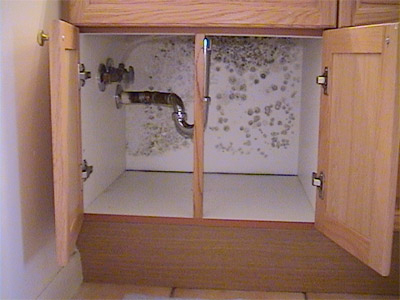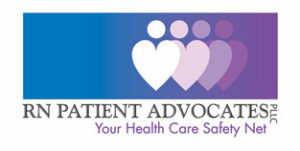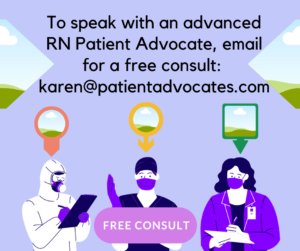Could your house be making you sick? The Occupational Safety and Health Administration (OSHA) tells us that more than a quarter of U. S. buildings are water-damaged.
 Water damaged buildings can promote the growth of molds – and you do not have to see or smell it for it to be present. Living in a moldy household or water damaged building increases the risk for depression by 33-44 percent. Many other conditions can be caused by mold as well: chronic fatigue syndrome, fibromyalgia, multiple chemical sensitivities, Lupus, MS, migraines, autoimmune illnesses.
Water damaged buildings can promote the growth of molds – and you do not have to see or smell it for it to be present. Living in a moldy household or water damaged building increases the risk for depression by 33-44 percent. Many other conditions can be caused by mold as well: chronic fatigue syndrome, fibromyalgia, multiple chemical sensitivities, Lupus, MS, migraines, autoimmune illnesses.
Symptoms may include:
- Breathing: Difficult, Tightness in chest, Asthma
- Emotions: irritable, anger
- Extremities: Tingling Hands and Feet
- Eyes: Blindness, Pains, Wear sunglasses, Light Sensitivity, Bloodshot eyes, loss of vision, Detached retina
- Fatigue: Chronic Fatigue (some estimate cause of up to 1/3 of chronic fatigue), postexertional fatigue
- Mental: Confusion, brain fog, ADD/ADHD, learning disabilities, anxiety
- Nasal: Congestion, Nasal soreness, sinusitis. A study by the Mayo clinic found that 96 percent of all sinusitis is fungal!
- Pain: pain in temples, sudden headaches, sudden, sharp, icepick like
- Sensitivity: Car fumes, Smoke, Pets, Feathers, Detergents, Toothpaste, Chlorine, Plastic cups
- Skin: Rashes, hair loss
- Stomach: Cramps, nausea, Diarrhea
- Taste: Metallic
- Thirst: Dryness, Excessive thirst, excessive urination
- Weight Gain: Sudden, inability to lose weight despite stringent dieting and exercise
What to do? If you have symptoms and medications are not making you better, if you have lived or worked in any building that has ever had any water damage/leaking roof, poor ventilation, consider that mold may be an issue and ask your physician. Mold symptoms can often be misdiagnosed. There are specific lab tests for mold illness – also called Chronic Inflammatory Response Syndrome.

Have your house or building tested for mold: the leading test is the ERMI test.
There is treatment!
Learn more at www.survivingmold.com
 Water damaged buildings can promote the growth of molds – and you do not have to see or smell it for it to be present. Living in a moldy household or water damaged building increases the risk for depression by 33-44 percent. Many other conditions can be caused by mold as well: chronic fatigue syndrome, fibromyalgia, multiple chemical sensitivities, Lupus, MS, migraines, autoimmune illnesses.
Water damaged buildings can promote the growth of molds – and you do not have to see or smell it for it to be present. Living in a moldy household or water damaged building increases the risk for depression by 33-44 percent. Many other conditions can be caused by mold as well: chronic fatigue syndrome, fibromyalgia, multiple chemical sensitivities, Lupus, MS, migraines, autoimmune illnesses.
Symptoms may include:
- Breathing: Difficult, Tightness in chest, Asthma
- Emotions: irritable, anger
- Extremities: Tingling Hands and Feet
- Eyes: Blindness, Pains, Wear sunglasses, Light Sensitivity, Bloodshot eyes, loss of vision, Detached retina
- Fatigue: Chronic Fatigue (some estimate cause of up to 1/3 of chronic fatigue), postexertional fatigue
- Mental: Confusion, brain fog, ADD/ADHD, learning disabilities, anxiety
- Nasal: Congestion, Nasal soreness, sinusitis. A study by the Mayo clinic found that 96 percent of all sinusitis is fungal!
- Pain: pain in temples, sudden headaches, sudden, sharp, icepick like
- Sensitivity: Car fumes, Smoke, Pets, Feathers, Detergents, Toothpaste, Chlorine, Plastic cups
- Skin: Rashes, hair loss
- Stomach: Cramps, nausea, Diarrhea
- Taste: Metallic
- Thirst: Dryness, Excessive thirst, excessive urination
- Weight Gain: Sudden, inability to lose weight despite stringent dieting and exercise
What to do? If you have symptoms and medications are not making you better, if you have lived or worked in any building that has ever had any water damage/leaking roof, poor ventilation, consider that mold may be an issue and ask your physician. Mold symptoms can often be misdiagnosed. There are specific lab tests for mold illness – also called Chronic Inflammatory Response Syndrome.

Have your house or building tested for mold: the leading test is the ERMI test.
There is treatment!
Learn more at www.survivingmold.com





Recent Comments